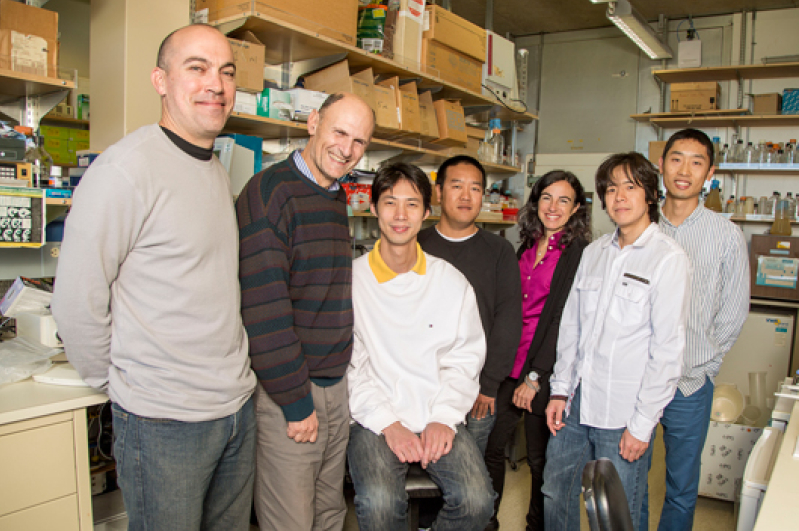
A collaborative effort of 35 scientists from different countries has produced a breakthrough in DNA research that has shown promise in curing genetic diseases, blindness, and in extending human lifespan.
The research was successful in finding a way to repair "broken genes" to override the limitations of present medical treatment on genetic diseases.
The Salk Institute, host of the research, says that the "holy grail of gene editing" has finally emerged and it is with the team's highest hopes that it can extend the findings to altering genes of the brain, heart, liver and eyes.
Professor Juan Carlos Izpisua Belmonte, lead researcher, says that the team has used a technique called Homology-Independent Targeted Integration (HITI) which allows for specific targeting of "broken genes" and therefore, of preserving the healthy ones. He confirms that this technique has been successful in curing blindness in lab mice.
"We are very excited by the technology we discovered because it's something that could not be done before... The possible applications of this discovery are so vast," Belmonte says.
The team has been working on two technologies, HITI and CRISPR/Cas9. The Clustered Regularly Interspaced Short Palindromic Repeat/ Cas9 (CRISPR/Cas9) technology is a predecessor of HITI and is also used for DNA modification. It has been used for years for dividing cells of large organs, such as the skin and the gut. The research's goal is to mend together the two technologies and to make HITI sophisticated enough to do DNA repair on all organ levels.
Keiichiro Suzuki, a senior research associate of the team, says that the advantage of the HITI technology is that it can adapt to all kinds of gene modification techniques and machinery; unlike the CRISPR/Cas9, which proves to have its limitations.
Belmonte adds, "It allows us for the first time to be able to dream of curing diseases that we couldn't before, which is exciting."
The team is composed of Keiichiro Suzuki, Yuji Tsunekawa, Reyna Hernandez-Benitez, Jun Wu, Jie Zhu, Euiseok J. Kim, Fumiyuki Hatanaka, Mako Yamamoto, Toshikazu Araoka, Zhe Li, Masakazu Kurita, Tomoaki Hishida, Mo Li, Emi Aizawa, Shicheng Guo, Song Chen, April Goebl, Rupa Devi Soligalla, Jing Qu, Tingshuai Jiang, Xin Fu, Maryam Jafari, Concepcion Rodriguez Esteban, W. Travis Berggren, Jeronimo Lajara, Estrella Nuñez-Delicado, Pedro Guillen, Josep M. Campistol, Fumio Matsuzaki, Guang-Hui Liu, Pierre Magistretti, Kun Zhang, Edward M. Callaway, Kang Zhang and Juan Carlos Izpisua Belmonte. The team has published its work, entitled "In vivo genome editing via CRISPR/Cas9 mediated homology-independent targeted integration" in the scientific journal Nature.







